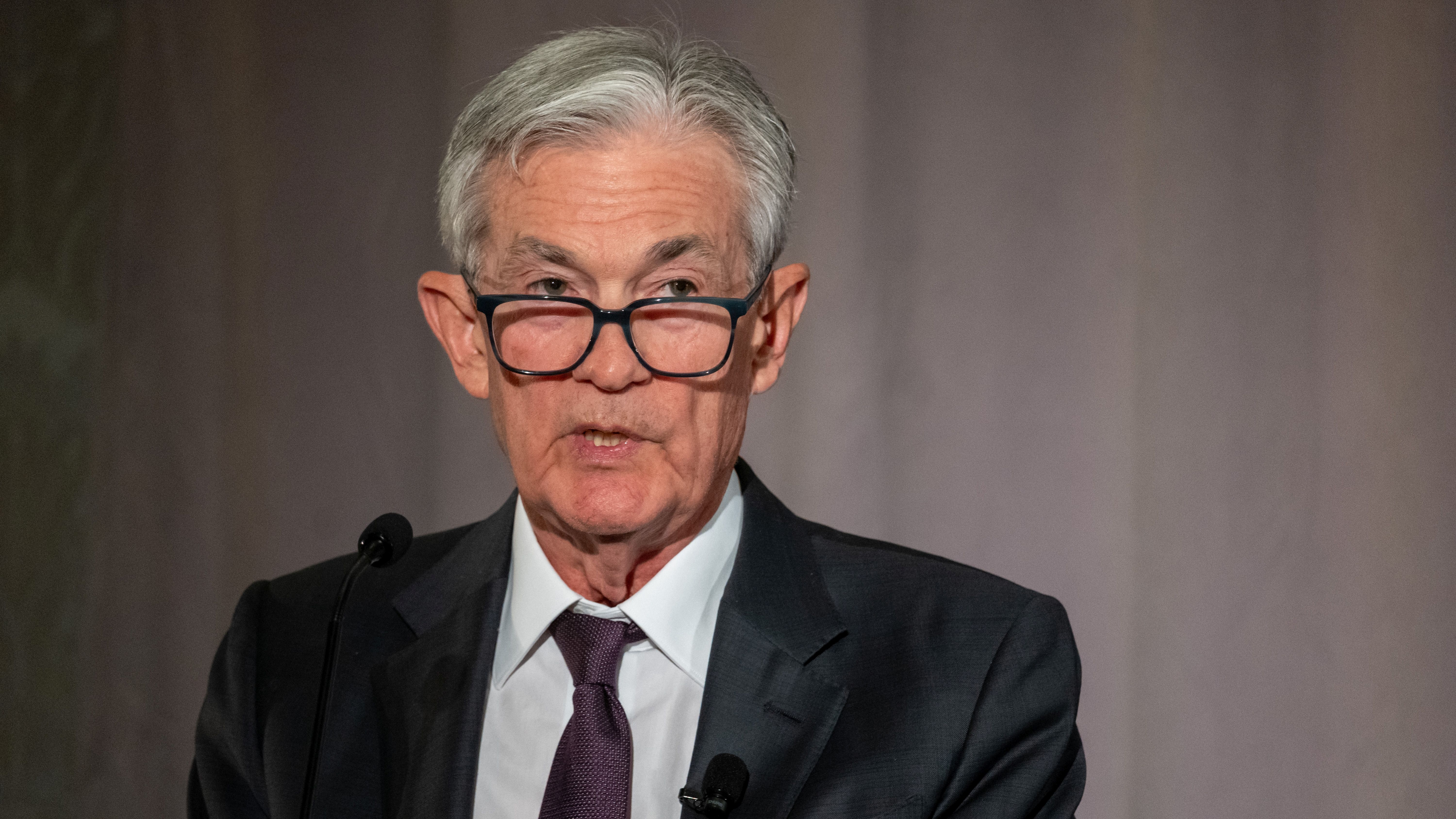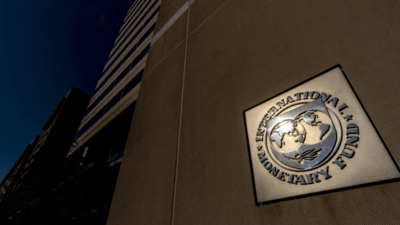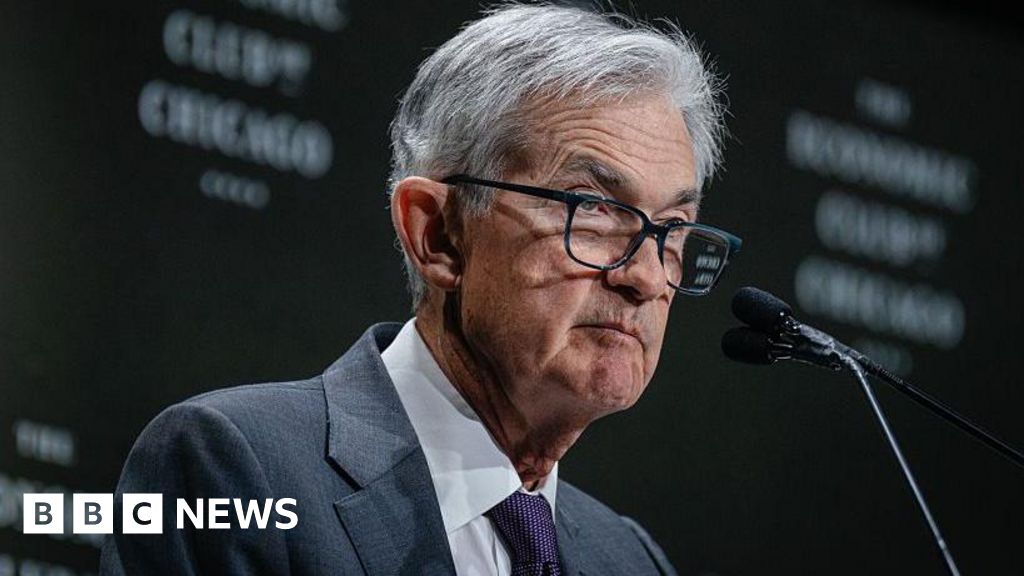Jerome Powell Warns of Economic Challenges Amidst Tariff Increases

In a recent address, Federal Reserve Chairman Jerome Powell expressed concerns regarding the economic ramifications of President Trump's tariff policies. He indicated that these tariffs, which were anticipated to be less severe, may have devastating effects on the economy, creating a challenging environment for the Federal Reserve's dual mandate of fostering maximum employment while maintaining stable prices.
Powell specifically noted, "The level of the tariff increases announced so far is significantly larger than anticipated," emphasizing that the economic impacts could be greater than expected. He warned that the repercussions would likely lead to heightened inflation rates and sluggish economic growth. This scenario leads to a concerning economic condition known as stagflation, a term that describes a period of stagnant economic growth combined with soaring inflationa situation reminiscent of the 1970s when the U.S. grappled with similar issues.
Powell's remarks have raised alarms among economists and market participants alike, as they suggest that the Federal Reserve may face a difficult balancing act moving forward. Stagflation poses a unique challenge, as traditional monetary policy tools may not be effective in addressing both inflation and growth simultaneously. "We may find ourselves in the challenging scenario in which our dual-mandate goals are in tension," Powell stated, highlighting the complex landscape the Fed is navigating.
The immediate market response to Powell's comments was palpable. Bitcoin (BTC), which had seen a modest rally earlier in the day, quickly reversed course following the announcement. The cryptocurrency briefly approached the significant psychological barrier of $86,000 but plummeted shortly afterward. Following Powell's remarks, Bitcoin's price dipped approximately 2.5%, settling at around $83,700a decrease of 1.5% over the past 24 hours. This volatility in the crypto market reflects broader investor anxieties regarding inflation and economic stability.
U.S. stock markets mirrored this unease, as Powell's warnings weighed heavily on investor sentiment. After initially attempting a recovery from earlier losses, the Nasdaq composite index fell sharply, closing down 3.4% to a session low. This decline underscores how Powell's comments resonated throughout financial markets, triggering a reassessment of risk and economic outlook.
As the Federal Reserve continues to navigate these turbulent economic waters, all eyes will remain on further developments regarding tariffs and their broader implications on both domestic and global economies. With inflationary pressures mounting, discussions around potential policy adjustments will be at the forefront of economic discourse.
























